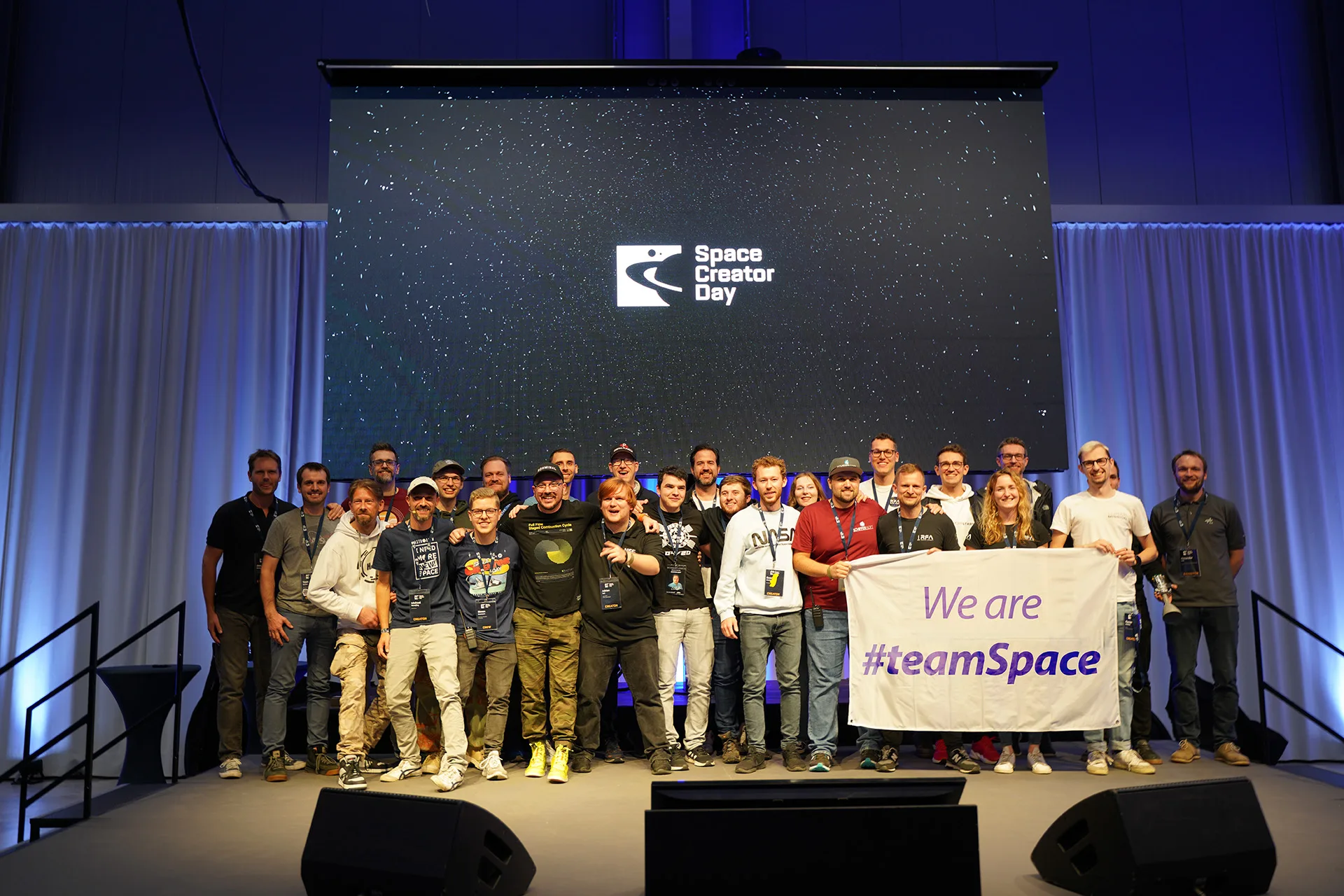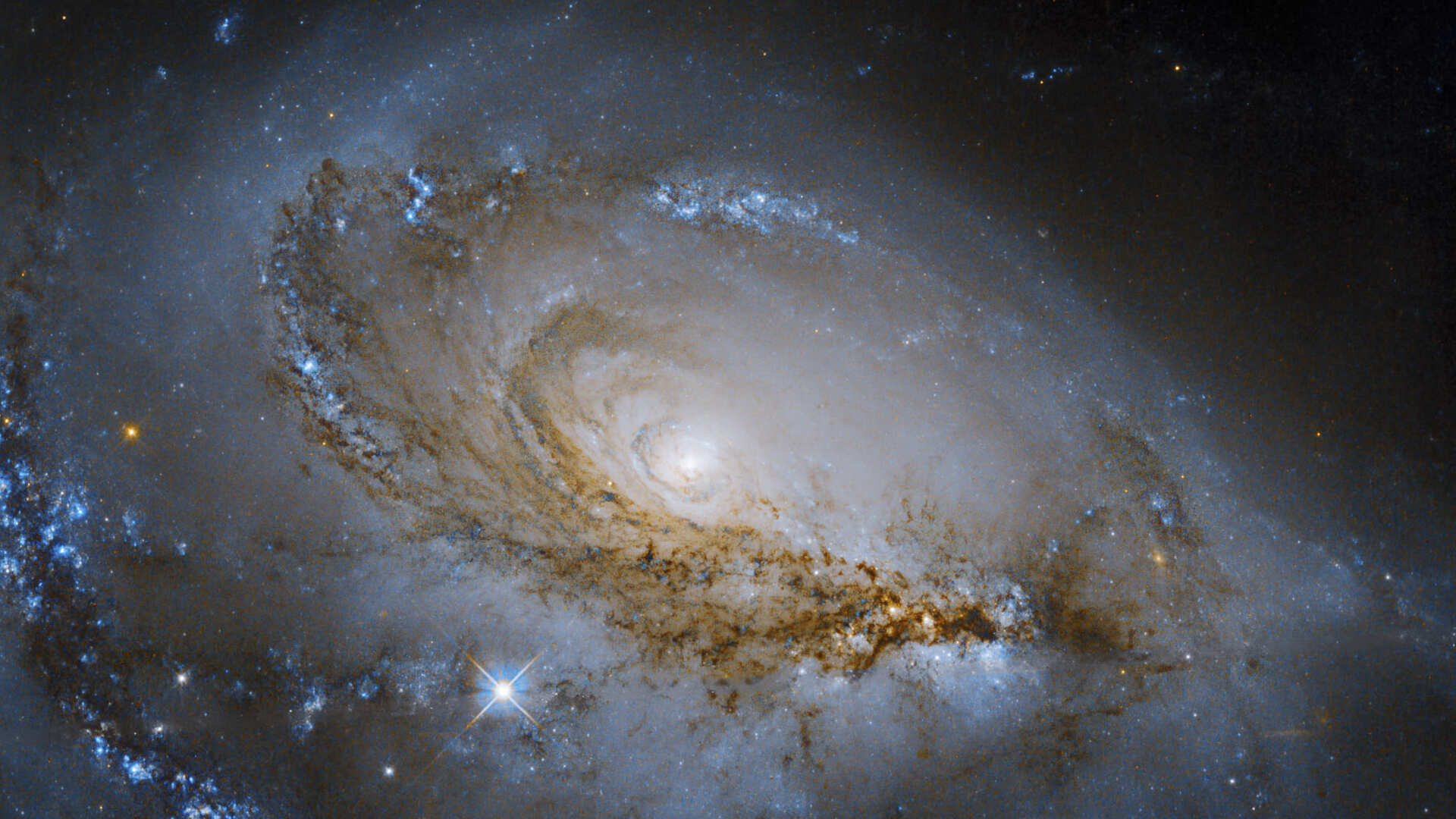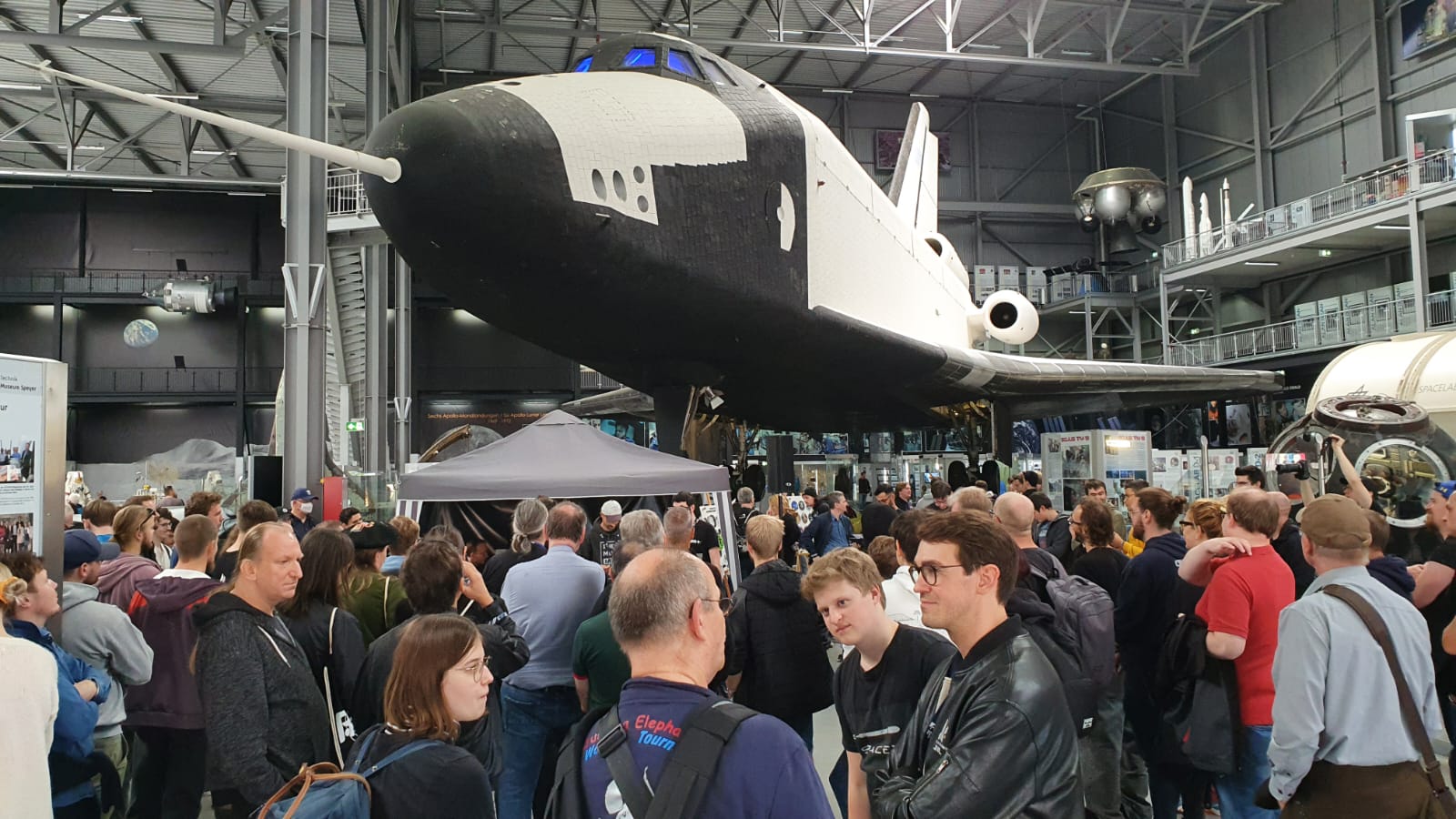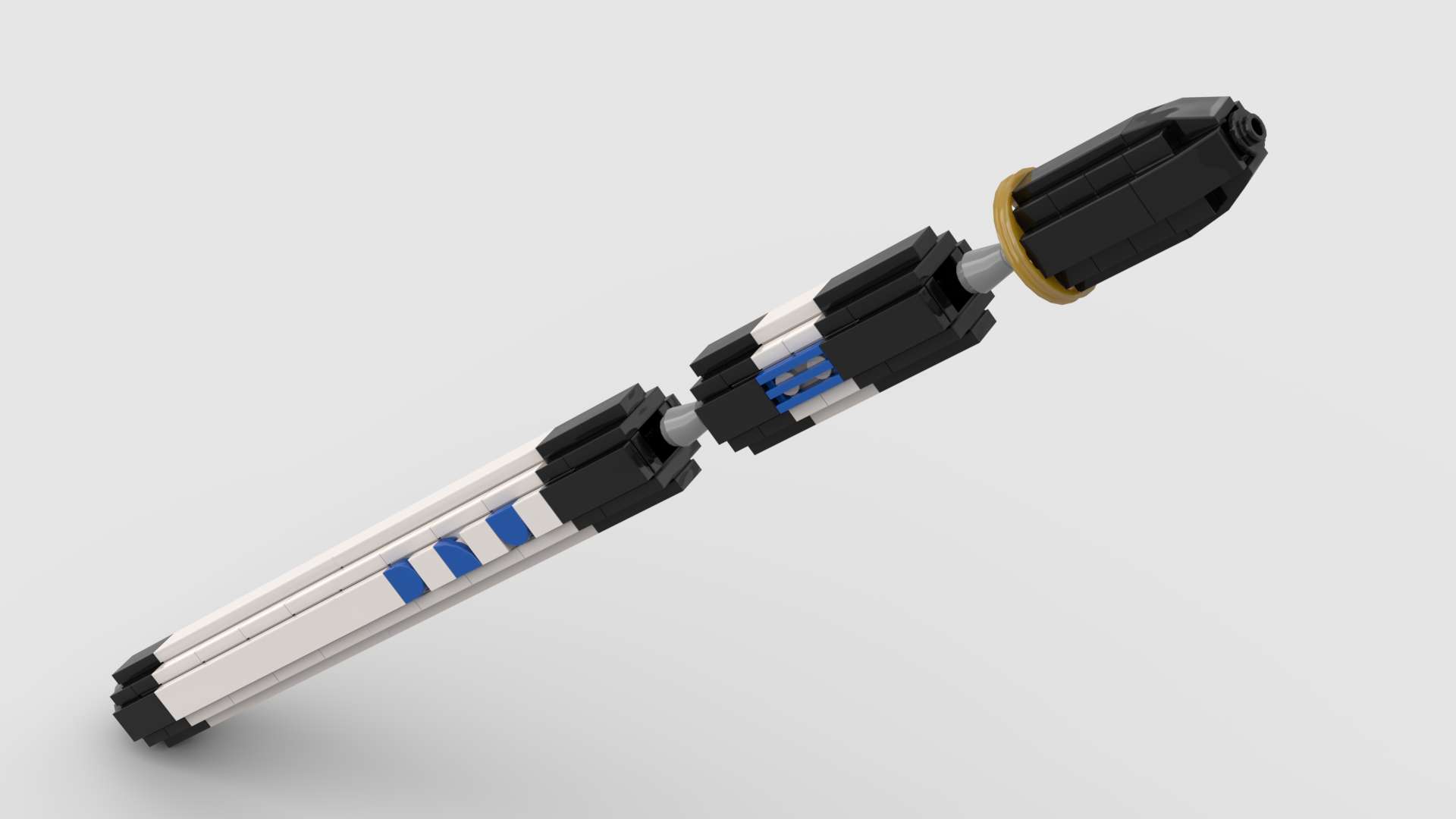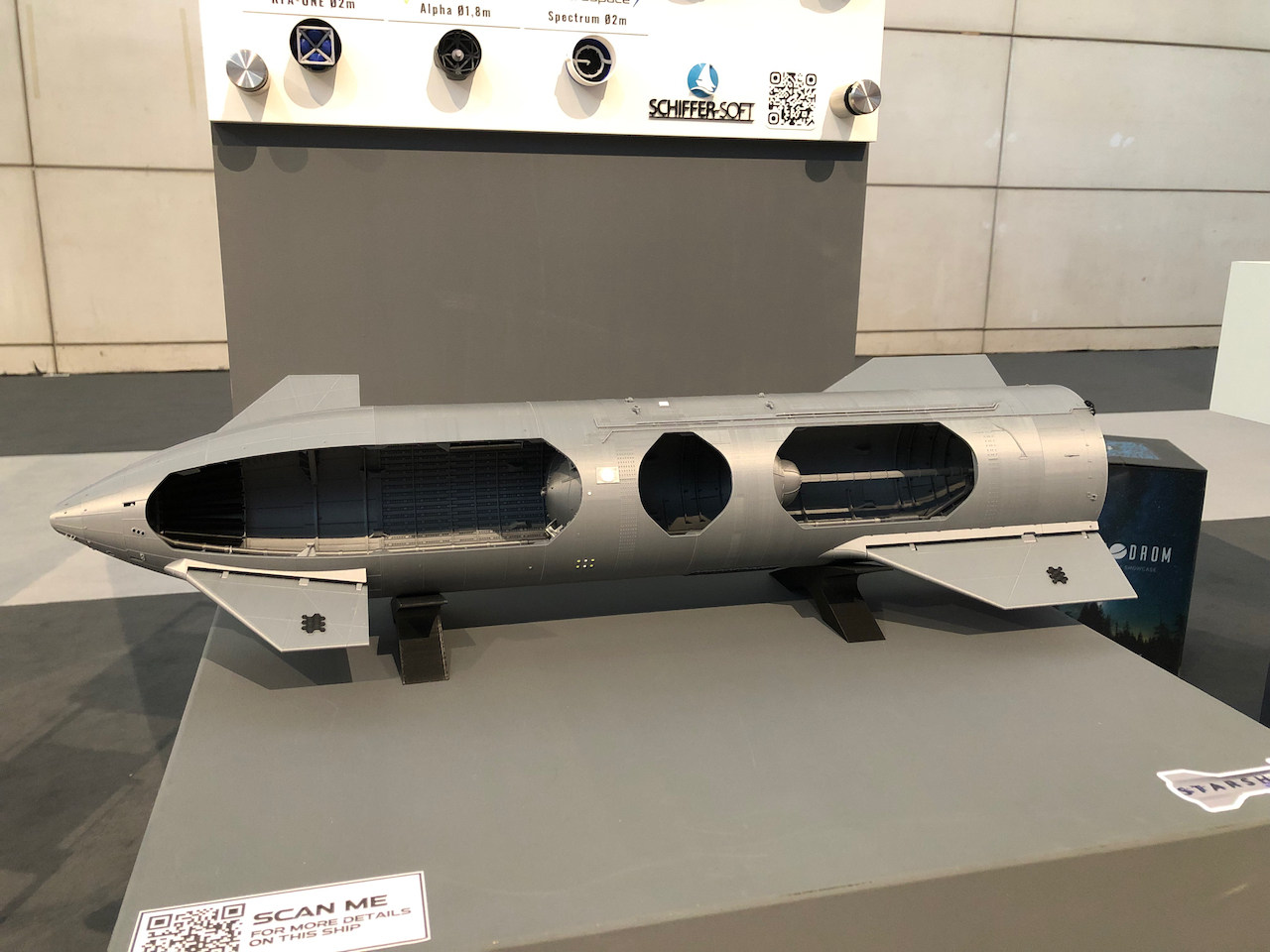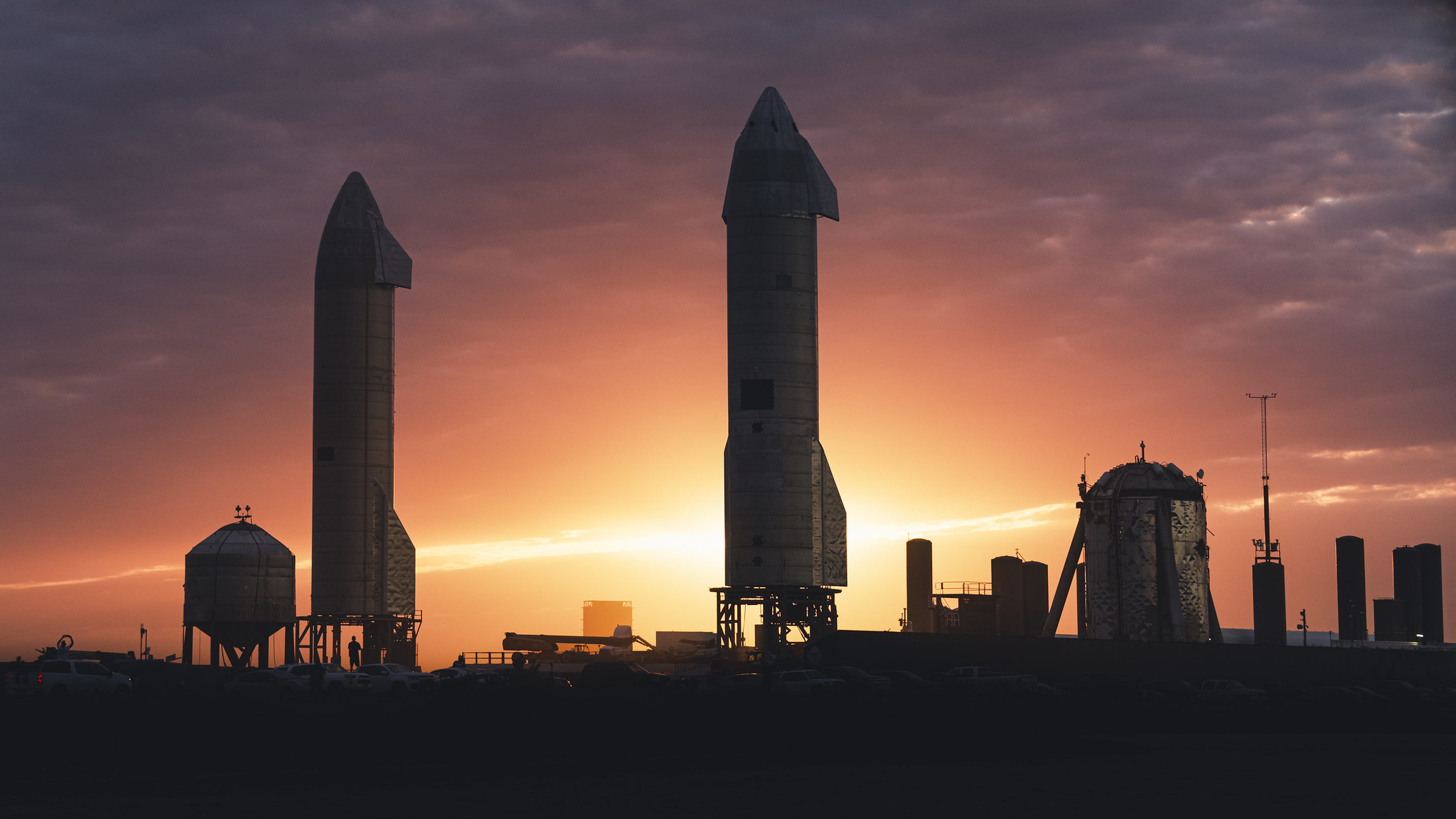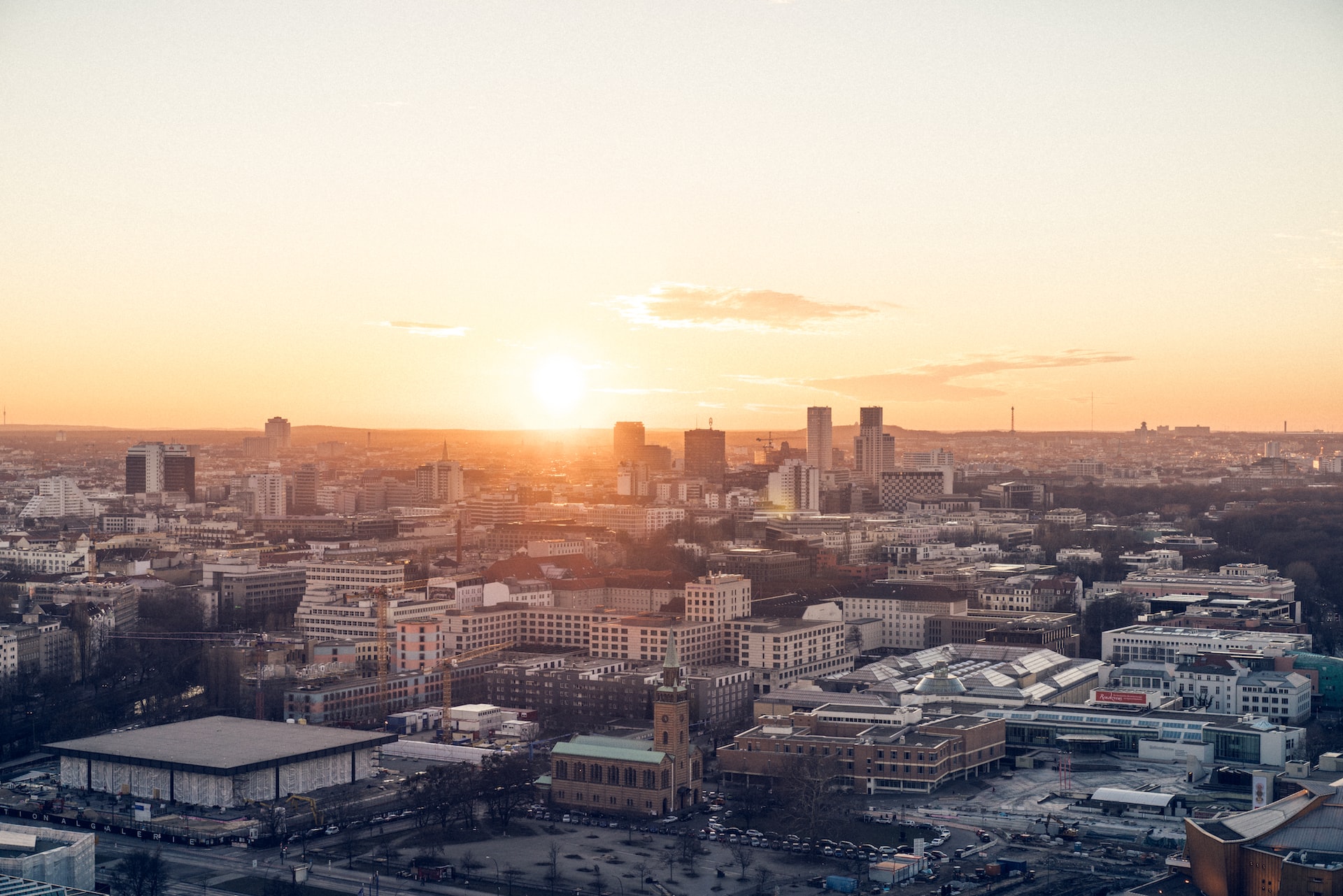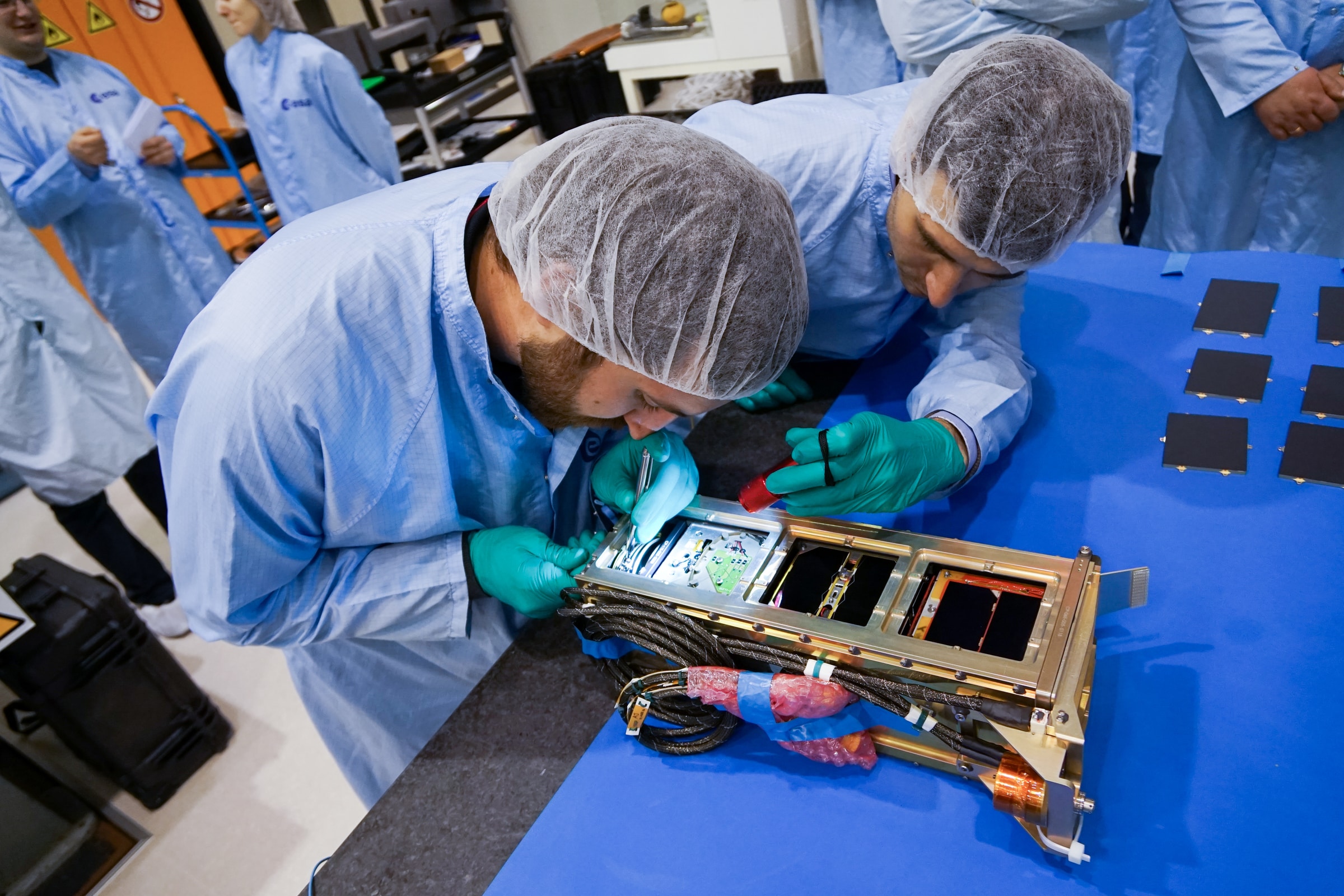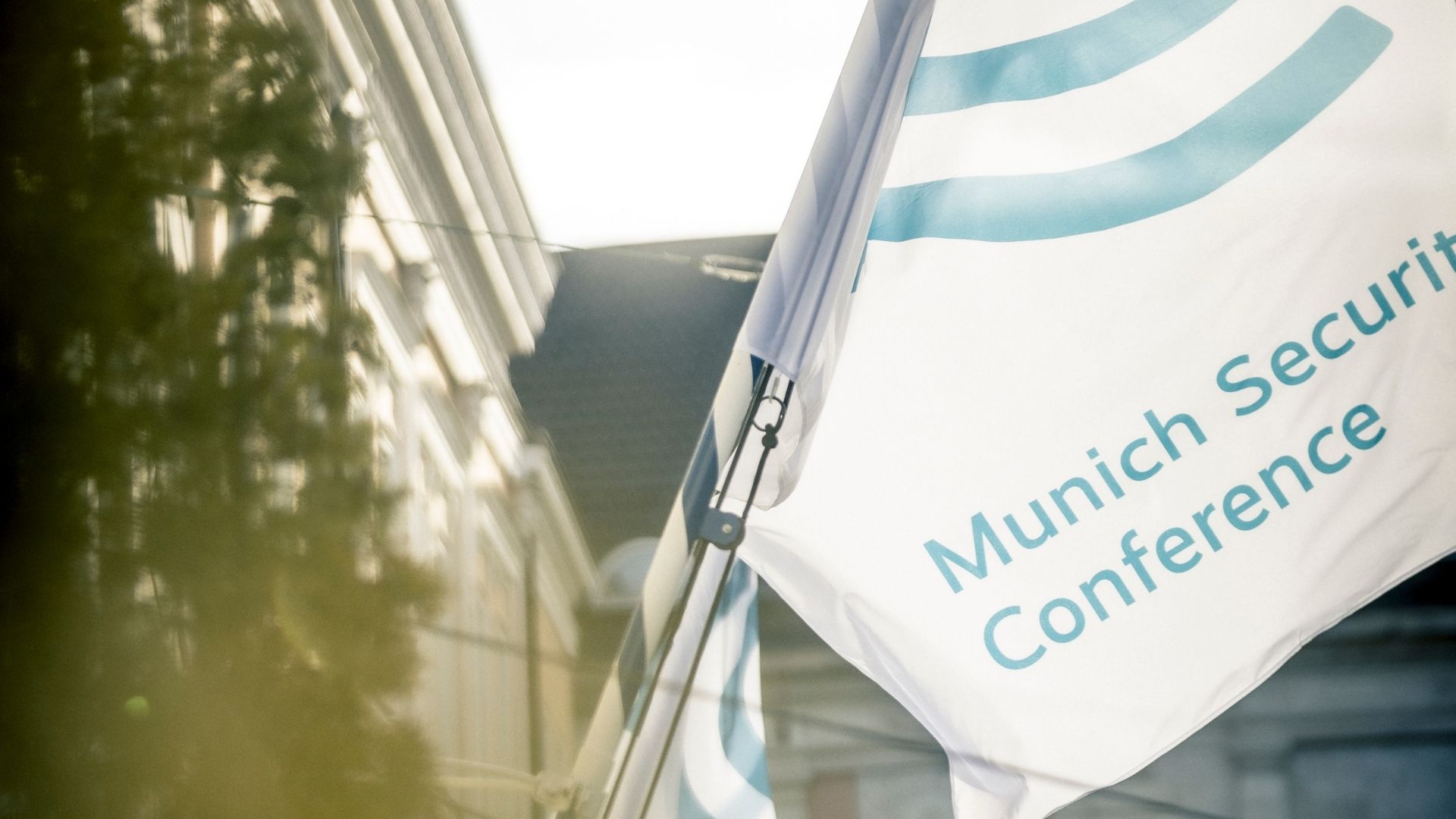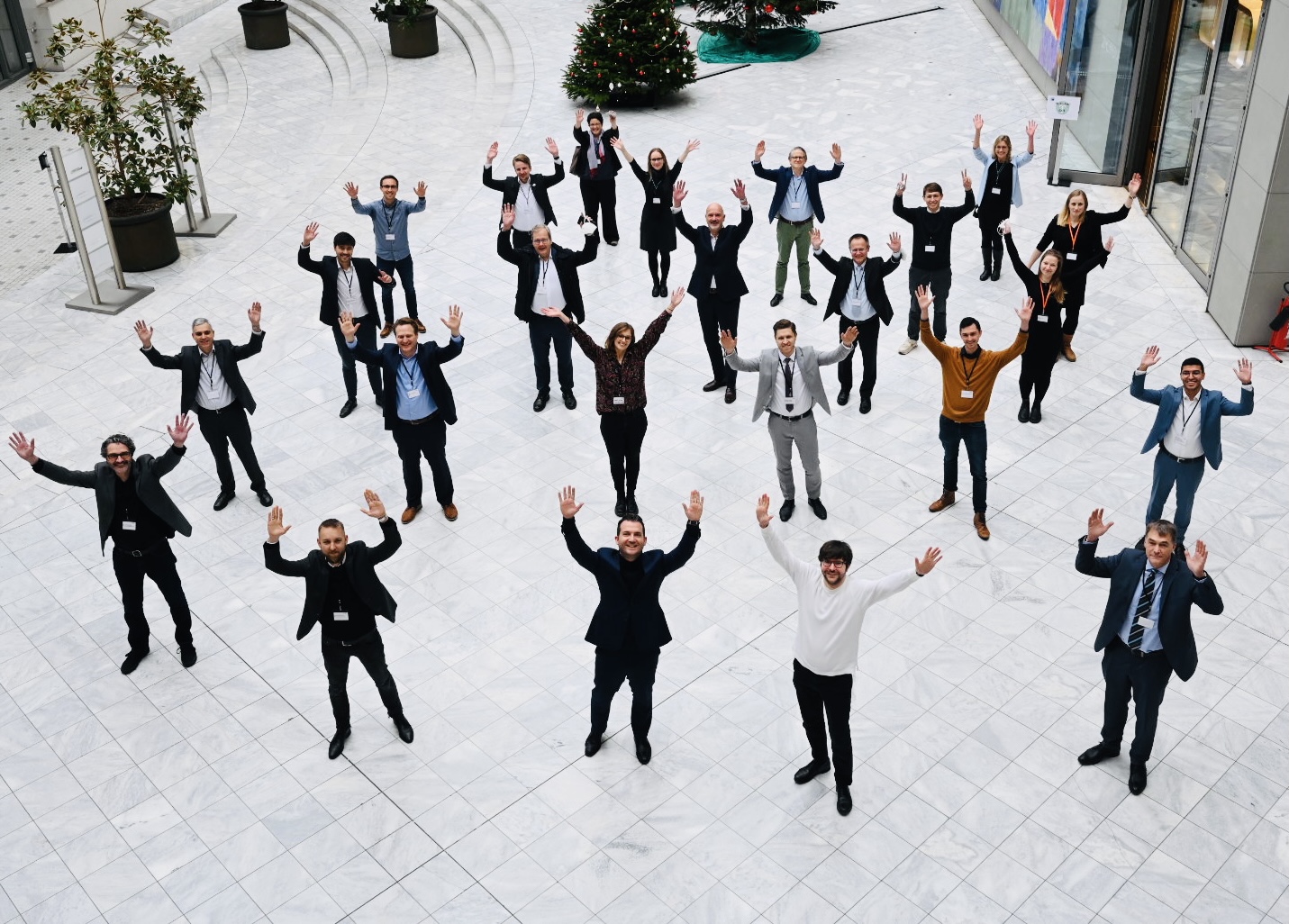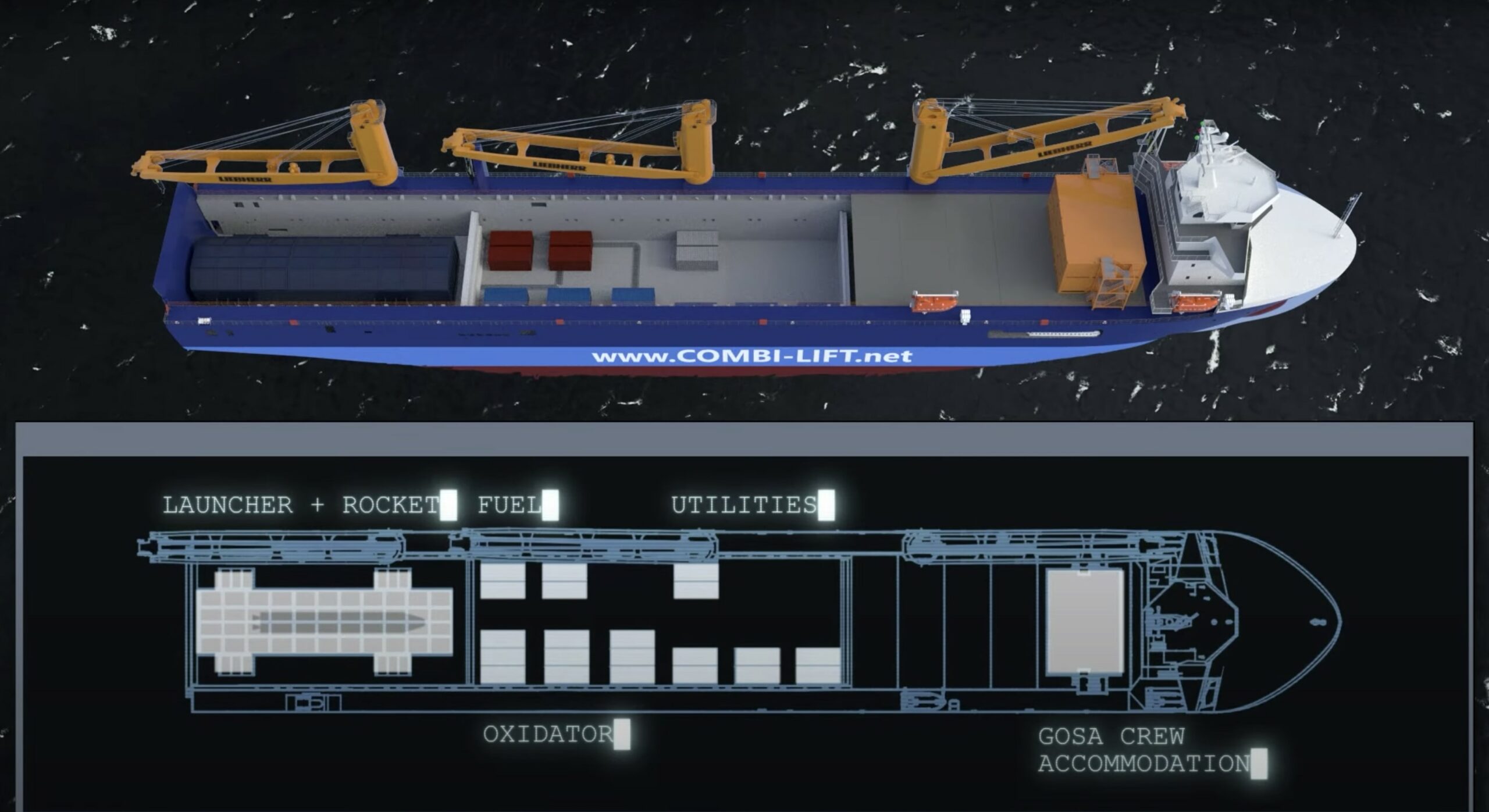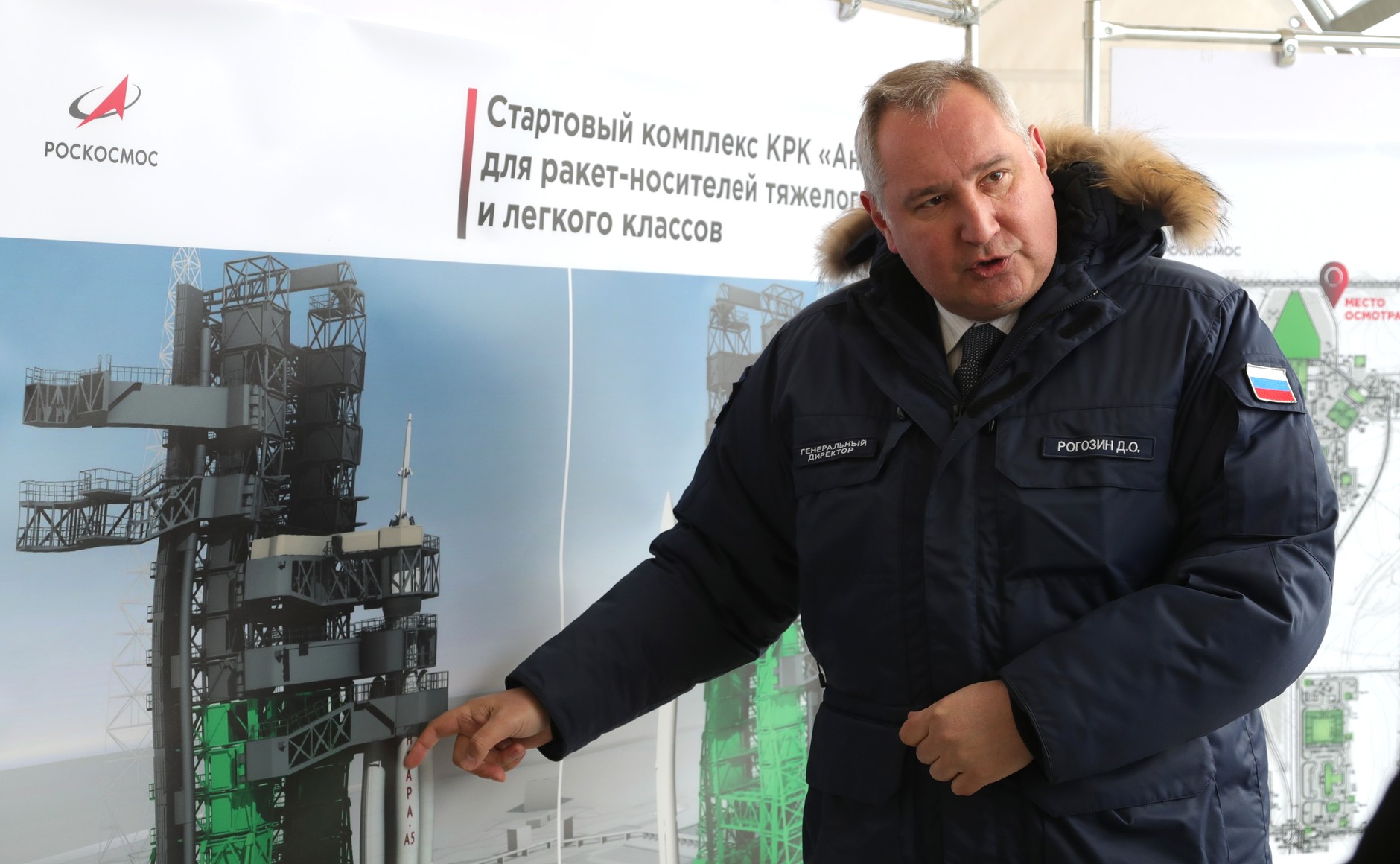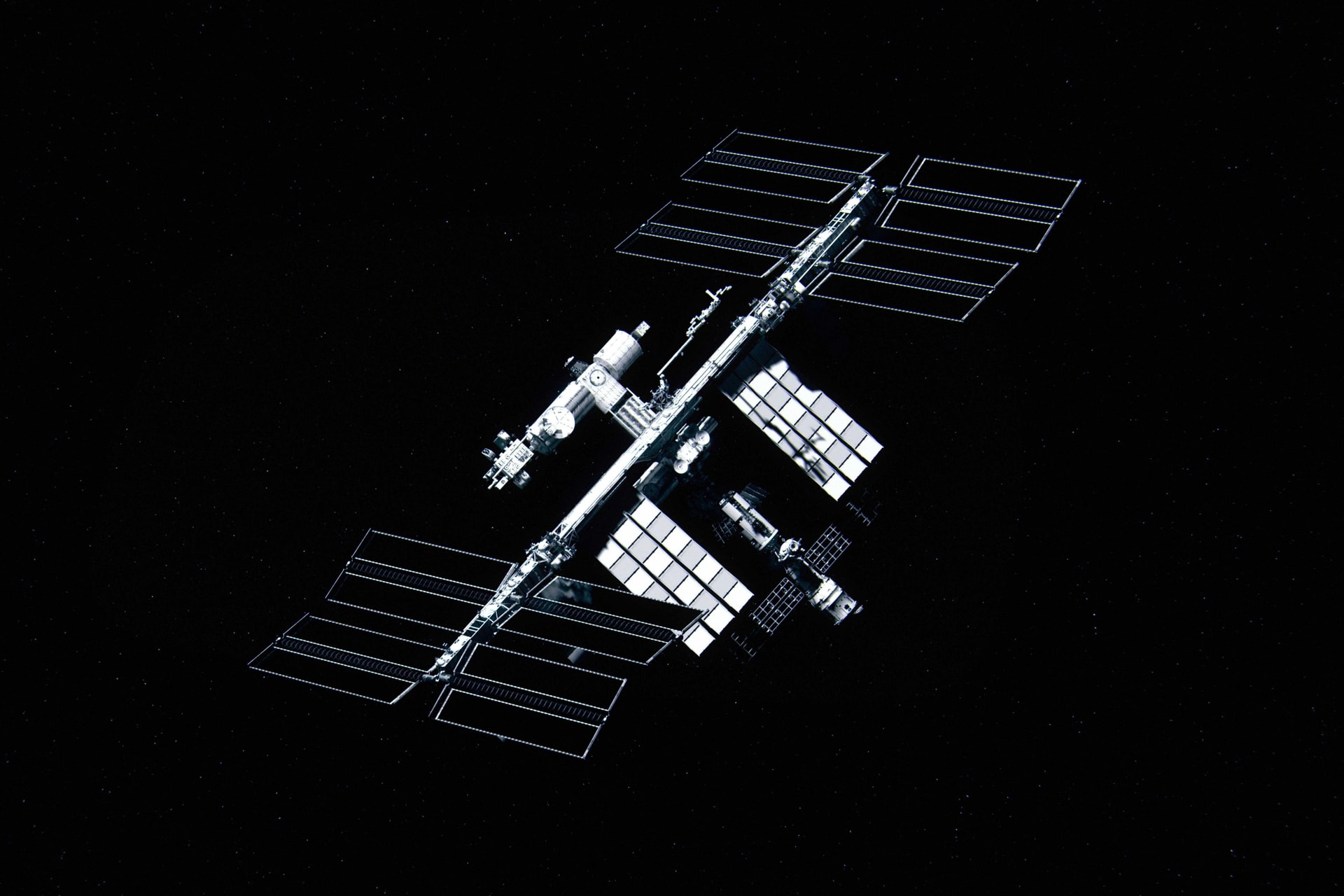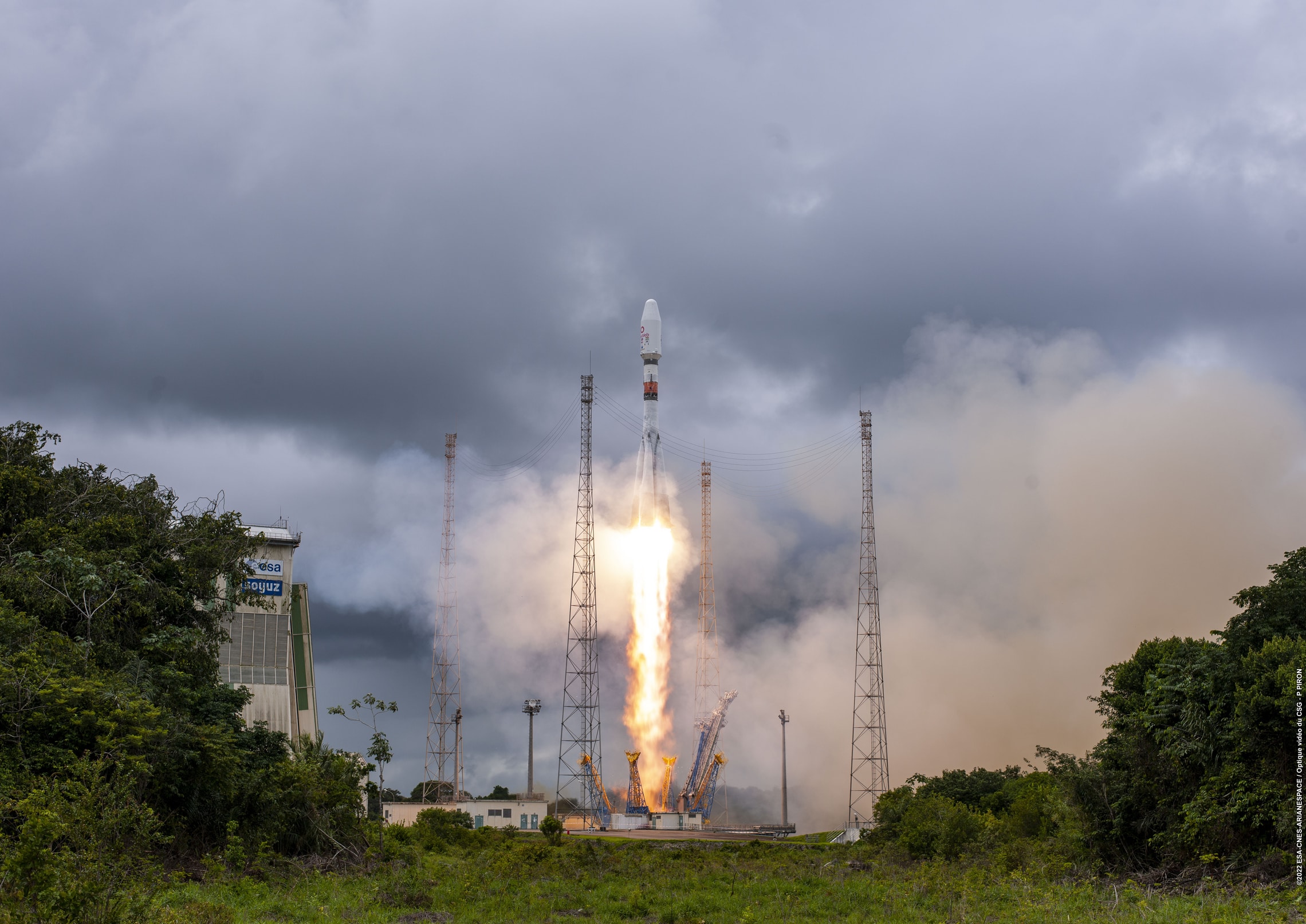
War in Ukraine - Effects on European Spaceflight
Published on Thu, 24.02.2022 – 22:05 CET in Politics, covering #teamSPACEOn Feb. 21, 2022, Dmitry Rogozin, director general of Roscosmos, tweeted, " Glory to Russia." Three days later (Feb. 24, 2022), Russian troops invaded Ukraine. In the interview with Matthias Wachter, among others managing director of the NewSpace Initiative, this was not yet a compelling development, there was still the faint hope for a peaceful solution of the conflict. This makes it all the more urgent to rethink cooperation in space.
Astrodrom
(Michael Weißflog):
Rogozin, the director general of Roskosmos, sent a tweet with political explosive power. Why do these few letters have such explosive power?
Matthias Wachter:
In fact, the ongoing developments in eastern Ukraine are very very dramatic. Russia has formally declared the "independence" of the two People's Republics [Donetsk and Luhansk] in eastern Ukraine. We know from various sources in the media that regular Russian troops have now also entered these two areas in eastern Ukraine. In other words, what we are witnessing right now is nothing else than a renewed violent shift of borders in Europe. In fact, it is a military annexation of these two territories in eastern Ukraine. The West, Europe, the United States, also reacted very promptly to this. The first sanctions were announced immediately. I think this is just the beginning. One point that is also mentioned again and again is that they want to hit Russia and also prevent new technologies and high-tech from continuing to flow to Russia. Whether we like it or not, this automatically brings us to the issue of space travel.
Cooperation between Europe and Russia has traditionally been very very good and very wide. Over the past two decades, it has also overcome all geopolitical cliffs and major tensions - for example, with the annexation of Crimea.That is, no matter what has happened on Earth: it has deliberately left out what happens in space. Essentially, this means that the International Space Station (ISS) is operated jointly by the Europeans, the Americans, the Japanese and Russia.
On the other hand, it is about the fact that there is a cooperation between Europe and Roskosmos regarding the use of the Russian Soyuz rockets. These are offered on the world market by the Europeans in a kind of "marketing company" together with the Ariane and Vega rockets. In addition, these also launch from the European spaceport Kourou in French Guiana, among other places. There's very close cooperation there.
If we now ask ourselves the question of what might change, then I believe that cooperation on the ISS, no matter what happens, is exempt. Simply because there are astronauts of different nations up there on board and you can't just share this station. Also, there is a shared commitment to supply and support that station. That means that even if you wanted to, you can't unilaterally pull out.
But where there is leverage - I think - is in the cooperation on launchers and the use of the Soyuz rockets. I could imagine that this will be on the political table in the coming days and weeks.
Back in 2014, when Russia annexed Crimea, the issue of space flight was deliberately left out of the equation. It is becoming apparent that this will not happen in 2022. This raises questions: Has Russia gone over the top this time? Are we more self-confident, do we have more possibilities to be able to "afford" this step?
I believe that Russia has really overstepped the mark this time. The annexation of Crimea was already a massive breach of international law and led to massive upheavals. At the time, it was always signaled quite clearly: This far and no further! Even Chancellor Scholz, when he was recently in the U.S., made it quite clear that if Russia unilaterally triggers another military conflict, everything will be on the table. And this "everything" will inevitably also put space flight on the table.
"You can't just go back to business as usual!"
That's why I think it's not so much a position of strength for the Europeans as a question of credibility. After the intervention, the invasion of eastern Ukraine and the renewed shifting of borders, we cannot simply go back to business as usual - not even in space flight.
What would be our perspectives as Europeans for the near and somewhat further future?
If you take another look at the ISS: This was a "child" of the post-Wende era, when there was a rapprochement between East and West. It is impressive and remarkable that in the Yeltsin era Russia, the USA and Europe wanted to realize and establish a joint space station as a unifying element and did so. Thus, the ISS played a major role in shaping space flight as a unifying element.
However, I believe that we are now simply entering a new era. On the one hand, because from a purely technical point of view, the ISS will reach its end in the next few years and will have to be replaced - or not. Russia has already announced its intention to operate a follow-up station on its own. This means that, regardless of the current situation, Russia's decision to opt out has already been communicated.
Secondly, in my opinion, we are once again moving much more strongly toward competition, rivalry between the major powers, in space activities as well. This development is equivalent to a step backward. But I think we have to face up to these realities. But this also raises the question for Europe of how we deal with it.
We are passengers as far as astronautical spaceflight is concerned. We don't have our own spacecraft, our own system for getting European astronauts into space. That means they fly either in Russia or in the USA. Russia is now becoming more difficult for political reasons, and as far as the U.S. is concerned, there has been a change there, too.
Due to the commercialization and positioning of SpaceX, we are no longer partners on an equal level, but customers who pay and fly along. Of course, this is also qualitatively different than in the past. In addition, many cooperation projects in space travel are so-called barter deals. This means that the Europeans / Germans increase their share in the ISS and participate more financially. This has allowed the U.S. to reduce its budget. As compensation, the Europeans received the European Service Module, which will be manufactured in Bremen for future lunar missions as part of the Artemis program.
There will be no such cooperative and bart deals in the future if the U.S. relies exclusively on commercial systems and continues to do so with the space station. So either way, we have a major turning point. I believe that Europe should now see this as an opportunity to act more independently in space. We have the very best prerequisites and strategic access to space with Ariane 5 and, in the future, Ariane 6. We should make greater use of this.
And we also have new innovative, young players in microlauncher manufacturers that have emerged commercially and privately financed in Europe and especially in Germany in recent years.
Instead of financially supporting a corrupt and aggressive regime in Eastern Europe in space activities, we should rather invest in our own heads, in young entrepreneurs, in awakening and enthusiasm here.
Matthias Wachter, Managing Director NewSpace Initiative
We should support the new players we have in Europe, who I believe have great potential. We don't need to worry, but we do need to set the right political course now. And that means strengthening Europe's strategic access to space and relying more on the commercial providers that have emerged in recent years.
And if I had one wish: We should also get into the topic of astronautical space flight with European astronauts and European rockets.
But the Ariane 6 in particular is a prestige project whose maiden flight we are waiting for years. The microlauncher manufacturers are in place, but they are primarily intended to launch small satellites into space. Are there opportunities to further expand the competencies available in the companies in order to push European astronautical spaceflight ahead?
After all, there's a reason for the saying "It's rocket science." It's something very special and involves very special challenges. The SpaceX example also shows this. If I have a small rocket, a small Falcon [Falcon 1], then I can evolve it into a Falcon 9 or a Falcon Heavy. That's no longer rocket science. That's why I believe, and that's how the concepts of the three German microlauncher manufacturers are designed: They are scalable.
They now have to make it into orbit once, they have to master the technology, but then there is definitely potential upside. Because all three of them can scale their rockets and thus, in the long term, significantly increase the payloads they take into space. That's why it's so important that we give them optimal conditions now so that they can launch into space. Then I think we will have a new situation.
At the Munich Security Conference (MSC), there were renewed calls for independent access to space and other independent satellite constellations. Is the issue more prominent in politics now than it was a few months ago?
We hope so and wish so. In the current situation in eastern Ukraine, we can see right now that we know about things because we have eyes and ears in space. This means that the satellites we have are a critical infrastructure. Both strategically and, of course, in terms of the economy as a whole. Economic processes on Earth are now inconceivable without the use of satellites, their data, communication and the transfer of data. This will increase massively in the future. We also had an event at MSC with Will Marshall [Co-founder and CEO] of Planet, Bulent Altan [CEO] of Mynaric, with Mr. Aschbacher [Director General ESA], who said quite clearly:
Space will radically change the economy on Earth. Space is a disruptive factor.
Not everyone sees it that way at the moment, but it will happen. In principle, the space economy is where we were 20 years ago with the Internet economy. Today, no one would question that the Internet and digitization have really radically changed our economy and even the last small corner store. In perspective, this will also happen with Space. This means that the importance of satellites and the infrastructure in space will increase even more. For us as Europeans, this means that we also have to think about how we protect this infrastructure. At the end of last year, Russia used an ASAT test, which is an anti-satellite weapon, to shoot down one of its own satellites. That was a very clear show of strength. A signal, "Hey, we have the ability to shoot down or take out your satellites - without you being able to do anything about it."
The tool of choice from my point of view is to have the ability to replace satellites in space at short notice - meaning within a few days - if they are shot down, jammed or something else happens. That's called Responsive Space: the ability to get satellites into space on short notice. As Europeans, we need this defensive, not offensive, capability. Germany is in an excellent position to do this, because we have three microlauncher companies that want to complete their maiden flights at the end of this year or the beginning of next year. We have a private initiative for a launch platform in the North Sea. There is a whole NewSpace ecosystem in place. The federal government could leverage these capabilities created by young companies and by private investors to offer partners a Responsive Space capability for Europe. It should now be the next step to build such capabilities. With the ability to launch from continental Europe into space because, as I said, it has to be done fast. It's all there and you just have to bring things together now. This is a political decision, not a technical question.
To what extent it is important that the topic of NewSpace is included in the coalition agreement? Was it important to include it, is the short paragraph sufficient or should more have been included?
More would always be better, of course. An even more detailed commitment, backed up with concrete ideas and proposals, would of course have been desirable. But not everything that is desirable actually happens. I believe the coalition agreement is a good starting point. For the first time ever, the new German government has mentioned NewSpace, and for the first time ever it has stated that it is a key technology for the entire economy that is to be promoted and expanded. The coalition agreement allows a very broad range of possibilities and options. The task now is to boldly fill this definition gap and to massively strengthen and advance "NewSpace made in Germany" and thus "Made in Europe". For economic reasons, for climate protection reasons, but also for strategic reasons in the current situation.
What will change for German and European spaceflight in the coming days and weeks?
That will have to be seen. I think the discussions about how much we still want to or can cooperate with Russia will start now. There will be changes, but a lot depends, of course, on what Putin's next steps are. Will he reach for even more? Will there be an even greater escalation? Then I think everything is on the table. That would be really dramatic for security in Europe. Let's hope that doesn't happen.
Matthias, thank you very much for your time and your explanations of the facts.

